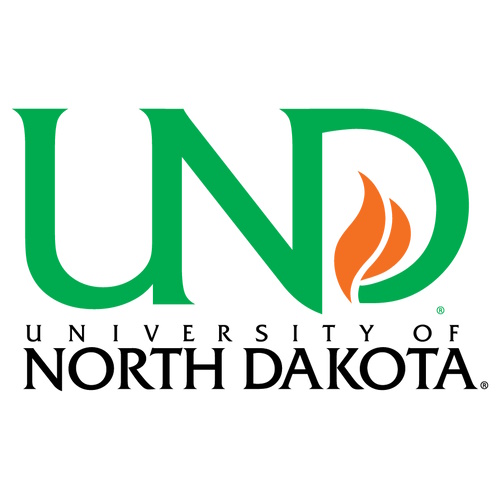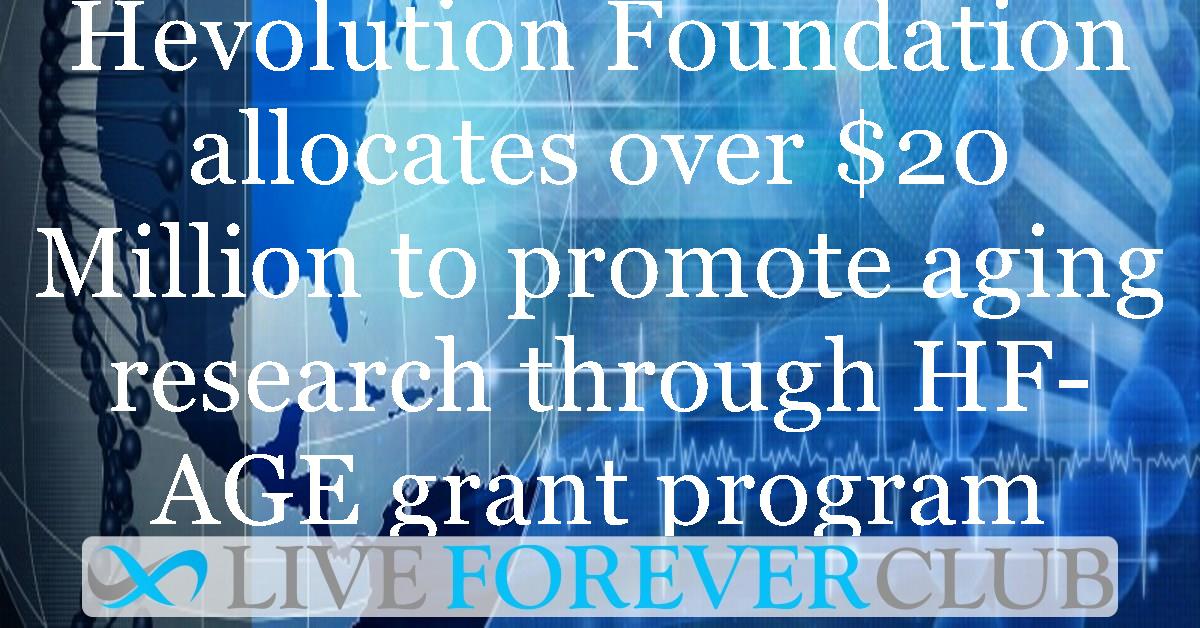Hevolution Foundation, a global non-profit dedicated to promoting research and entrepreneurship in healthspan science, has announced the recipients of its Hevolution Foundation Advancing Geroscience Efforts (HF-AGE) grants program. The program is set to award over $3.4 million in 2023, and projects a total of over $20 million by 2027. HF-AGE supports research projects that have received positive reviews from the National Institute on Aging (NIA), a part of the US National Institutes of Health (NIH), but lacked sufficient funding.
Nine research projects focusing on various aspects of aging biology and geroscience have been selected, with topics including stem cells, transcriptomics , mitochondrial dysfunction, autophagy and epigenetic age in single cells.
HF-AGE, as an initiative from Hevolution Foundation, aims to back proposals that were well-received by NIH’s review system but didn't receive funding due to NIA's limited capacity. Hevolution Foundation's overarching mission is to extend healthy lifespan for the benefit of all humanity. The organization plans to open hubs in North America and other global locations to cultivate a global ecosystem of talent for aging and geroscience research. With an annual budget of up to $1 billion, Hevolution Foundation is working to increase the number of aging-related treatments available, expedite drug development, and enhance access to therapeutics promoting healthy lifespan, or healthspan.












